You might also be interested in this
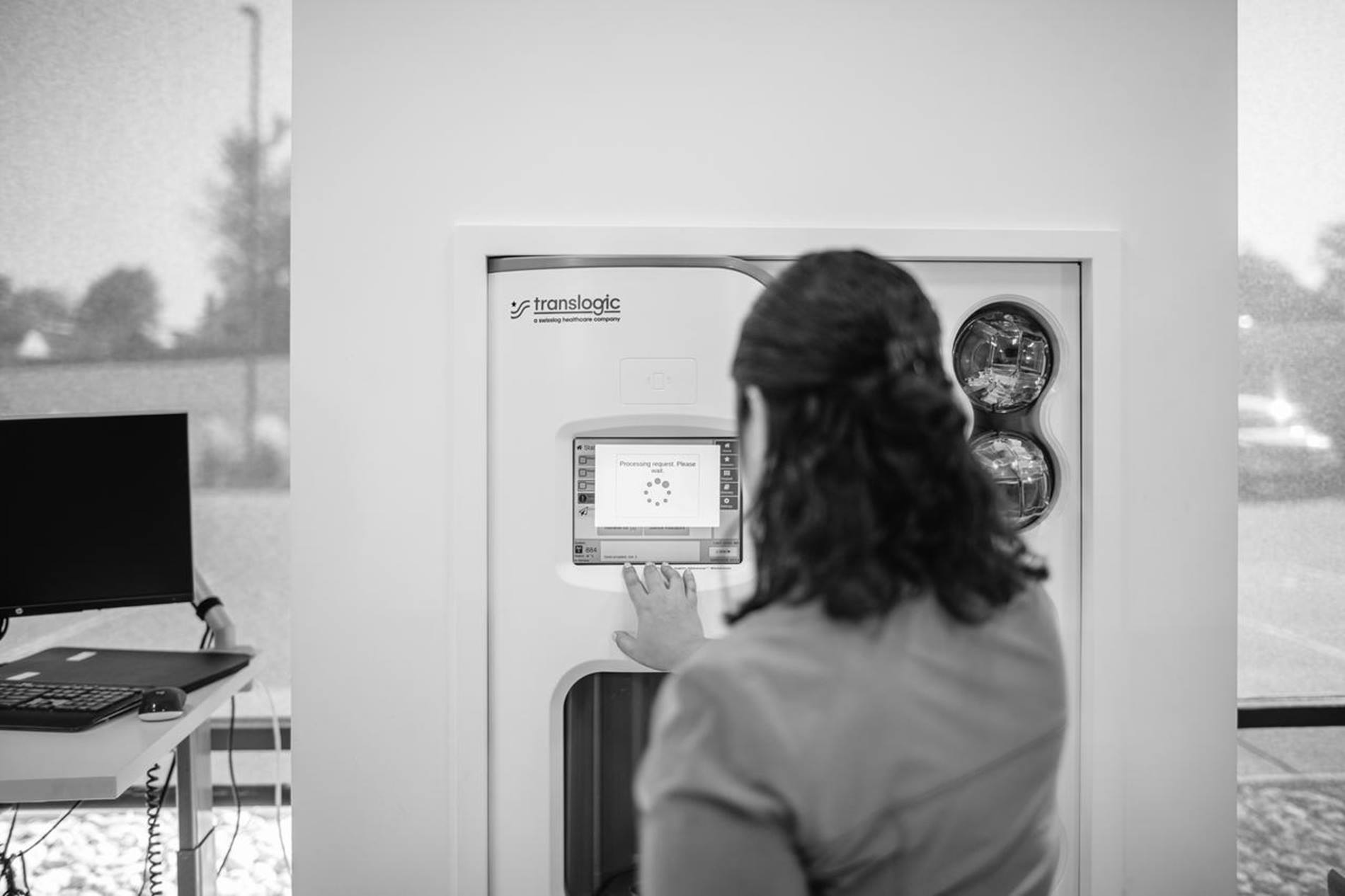
Customer Pledge
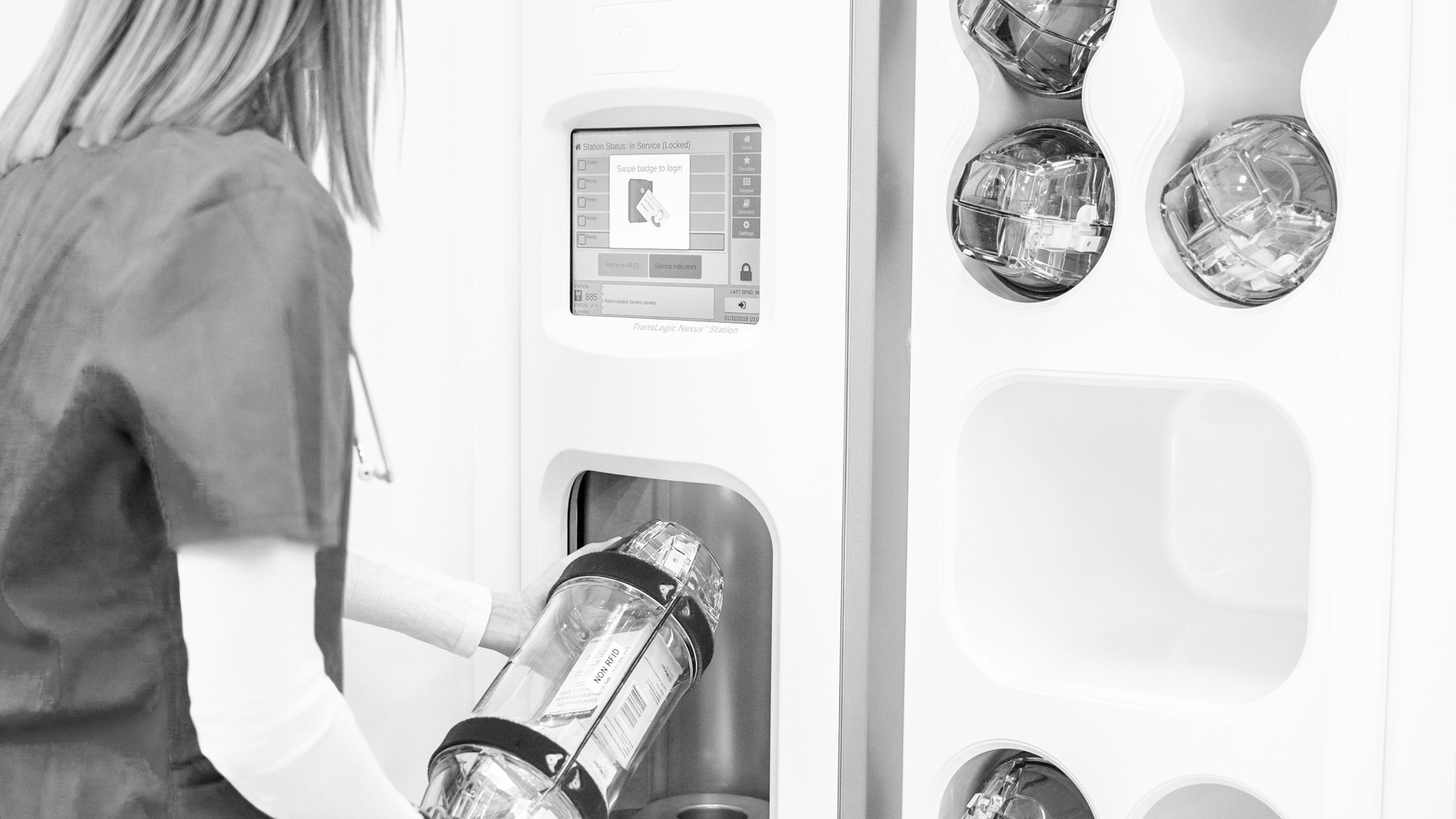
Superior Transport Automation
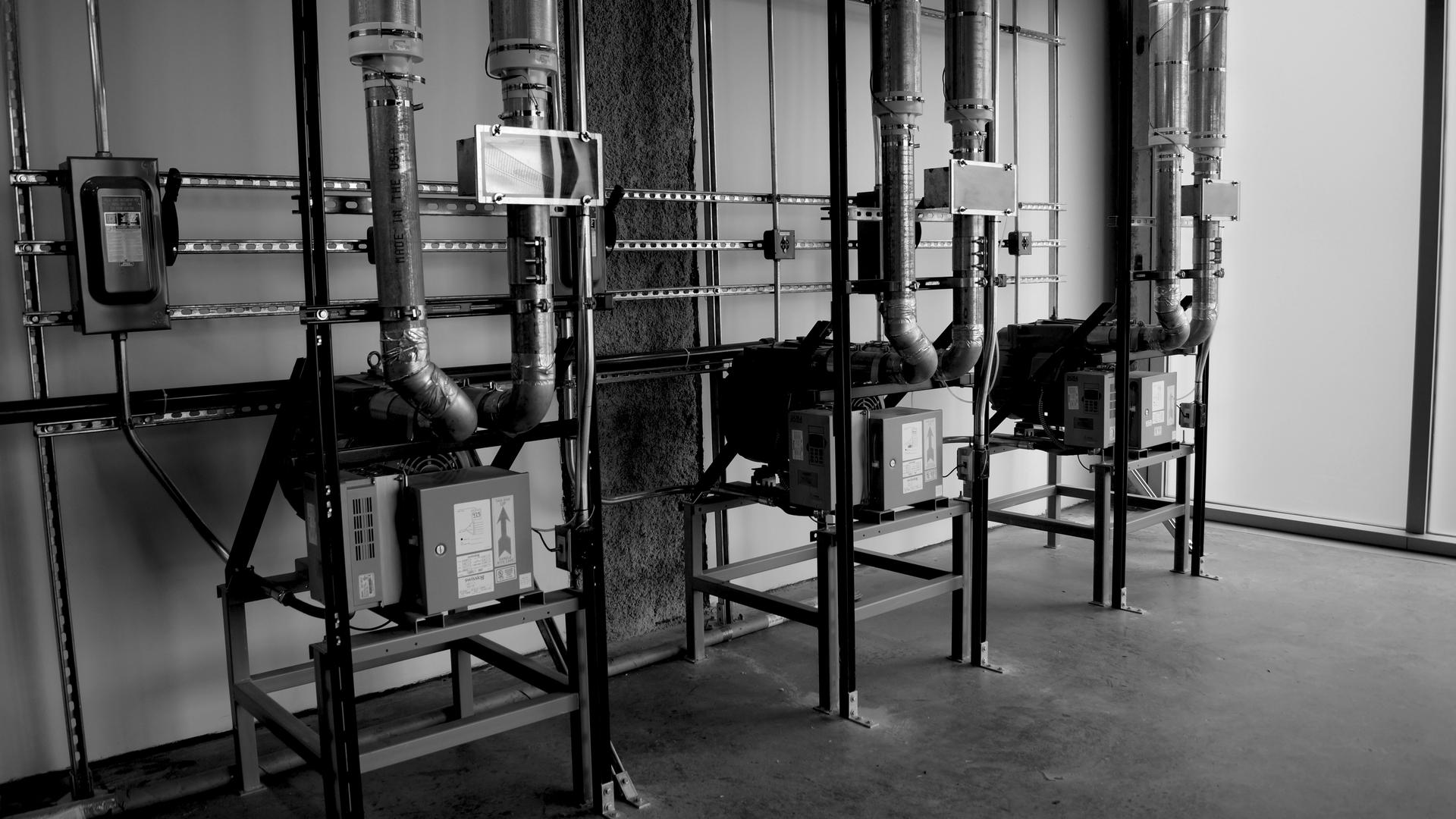
Pneumatic Tube System Components

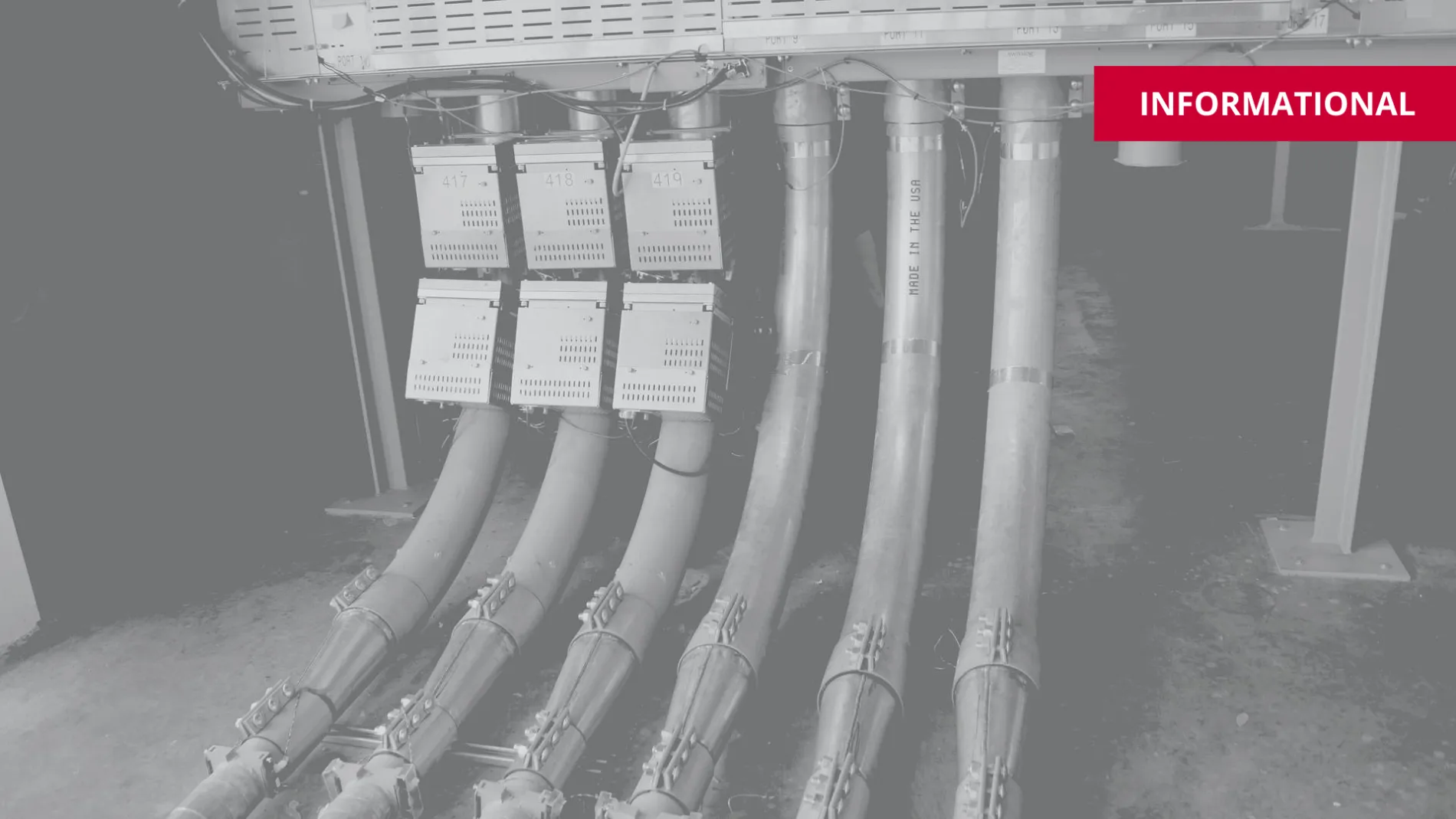
Hospitals Depend On Regular Maintenance
10/7/2024
Medical systems and equipment are used throughout hospitals all over the world. Due to the critical nature of the services provided by hospitals, these systems must be in working order and ready to be deployed at any moment, 24/7/365. Keeping hospital systems in optimum condition and well maintained is paramount to ensuring compliance with a growing number of regulations as well as ensuring high levels of patient care.
Maintenance agreements for systems, software, and equipment take on special importance in hospital settings with a direct impact on operations, which impacts patient care. This means maintenance contracts hold strategic significance and should be entered into carefully with attention paid to detail. Anything less than that could create multiple issues downstream.
For example, a hospital’s pneumatic tube system is on the job 24/7, 365 days a year. These systems carry medications, materials, specimens, and even blood throughout the hospital campus. The software that drives these systems controls and monitors all the connected devices throughout the pneumatic tube system network as well as the carriers sent through the system. A comprehensive software maintenance agreement ensures that the system gets regular maintenance checks and is kept in top working order. Any issues can be quickly handled with a minimum of downtime. This keeps the system operating efficiently, enabling clinicians and other personnel to focus on providing care to patients.
The National Institute of Health notes that while the importance of carrying out regular maintenance of large scale medical systems and equipment is crucial to hospitals, many are not making it a priority, which can result in a number of serious issues for the hospital and its patients.
When issues do arise, hospitals lacking comprehensive maintenance agreements are left scrambling to find fixes on the fly. That means the facilities manager and the IT team will need to drop everything and attempt to troubleshoot the issues while they wait for a response from the vendor. However, those with service agreements will be in front of the line. The wait can take days. In the meantime, there is a critical system that is not doing its job. Care to patients will undoubtedly be compromised, all because management opted for either a minimal service agreement or none at all.
The Centers for Medicare & Medicaid Services (CMS) reports caution hospitals to pay close attention to federal and state regulations. Many may require a certain level of equipment maintenance activities, including maintaining, inspecting, and testing equipment regularly. They may also establish other maintenance requirements. It is important that hospitals remain in compliance with these stringent maintenance requirements.
There are a wide range of hospital maintenance agreements available depending upon the type of systems and equipment being supported. And while each is unique, there are several common benefits they bring to a hospital:
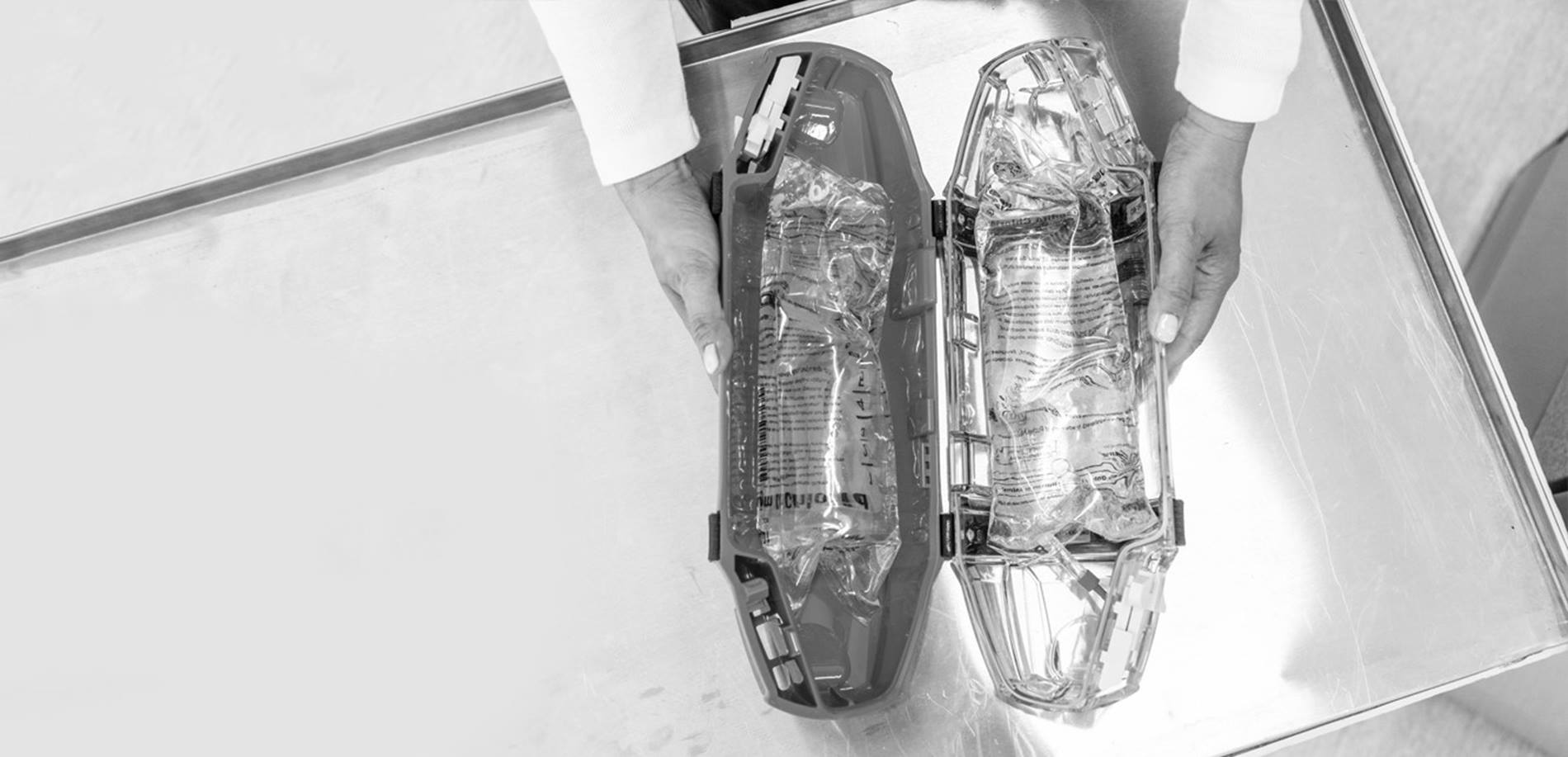
Most hospitals have several system and software maintenance contracts in place. As stated earlier, the types of agreements will vary. All agreements, however, will be optimized when a hospital follows best practices in maximizing their use of them.
Would a standard contract meet your needs, or would your hospital be better served with a premier agreement? Make sure you read these contracts carefully. Often a premier service or software management agreement proves more economical in the long run.
This should include your hospital facilities management, technicians, IT team and other operations personnel. They should also be included in the decision process and be working collaboratively to ensure your vendors are performing in all areas according to the contract.
Once a contract is signed, it’s time to make sure you are in regular contact with the hospital maintenance team and that your scheduled maintenance appointments are kept. These appointments may be on site or remote. Make sure your systems have open interfaces that can be accessed by remote technicians.
While many of today’s hospitals are still operating on tight post-COVID budgets, this is not a time to neglect to budget for secure solid maintenance agreements from vendors and suppliers.
The systems, equipment, and software used in today’s hospitals play a pivotal role in ensuring that patients receive timely and effective care. They support all aspects of hospital operations. Leaders should take an active role in strategically aligning their maintenance agreements to support their own high standards of services provided within their hospitals and to their patient communities.




Contact our knowledgeable specialists to discover how our range of automation solutions can boost efficiency, reduce costs and enhance care at your healthcare facility.
Contact us